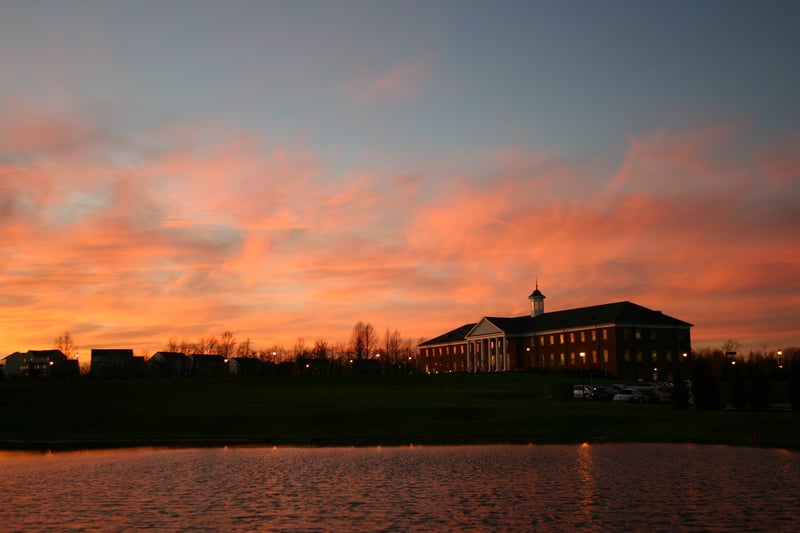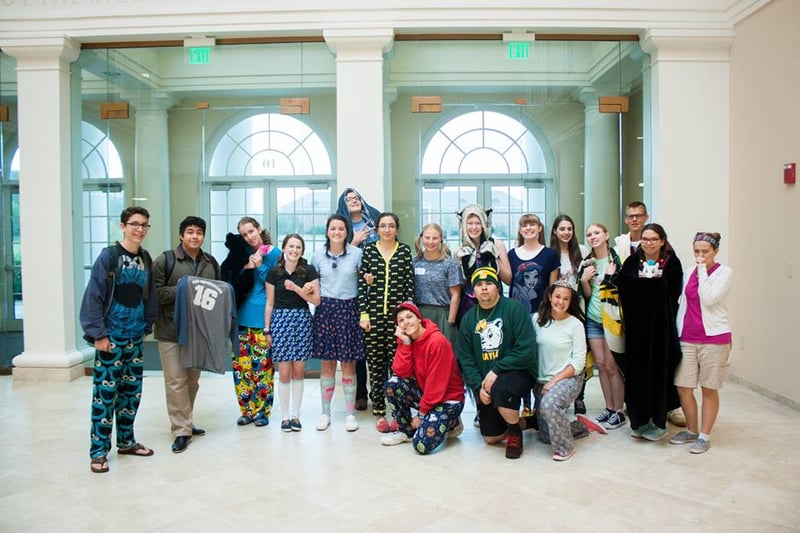
You have to weigh many factors when you decide on your college. Your major, location, extra-curriculars, and community are just a few of the considerations. Overwhelmed with options, students often overlook an important of the college-choosing process: the size of the schools they are looking at.
Large state colleges and universities can house tens of thousands of students, whereas some private college only have a couple thousand undergraduates. Some select schools only have a few hundred students. Are there benefits of living in such a small environment?
Tiny colleges create a tight-knit community. Typically the ratio of professors to students is low, allowing for more academic and personal guidance from faculty members. At a school with 60,000 students, you could sit in your freshman seminar with 400 others and only ever see your professor through a webcam. At a very small college, you have plenty of time to go to the faculty suite during business hours to go over a difficult concept, discuss your four-year plan, or request letters of recommendation. Your professors care about you as an individual, and they will make an effort to help you succeed.
At a small school, you will never struggle to find people to pursue friendships with or events to attend. Small colleges tend to market to high school students that share similar values or interests. Whether or not you come from the same background as many of the students at your college, you're almost guaranteed to find peers with much in common. If you struggle with feeling lost in a crowd, a small school might help you to approach your social life with more ease. Since campus-wide events include everyone, it is easier to get to know a larger portion of your campus at one time.

Of course, small schools come with their own unique set of difficulties. It can be difficult to find a spot to study alone or have a serious conversation away from everyone else. Tiny colleges tend have fewer faculty members overall and fewer options for majors or extra-curriculars. You might feel like you are staying too deep in your comfort zone to attend a college that does not stretch you more socially. Small schools are not the best option for every student.
So how do you decide what size you are looking for in your college? It ultimately comes down to what you most value in your post-high school experience. If you are looking for a large, diverse body of people and a wide variety of classes, a tiny school may not be the best fit for you. If you are interested in developing close relationships with your fellow students, staff members, and students, a small college might appeal to you more. If you want to be challenged by people, have many opportunities to get involved in your college’s events and administration, and develop strong professional relationships, consider looking into schools that have small student bodies.
Do you have advice on big college vs. small college? Feel free to share in the comments!




